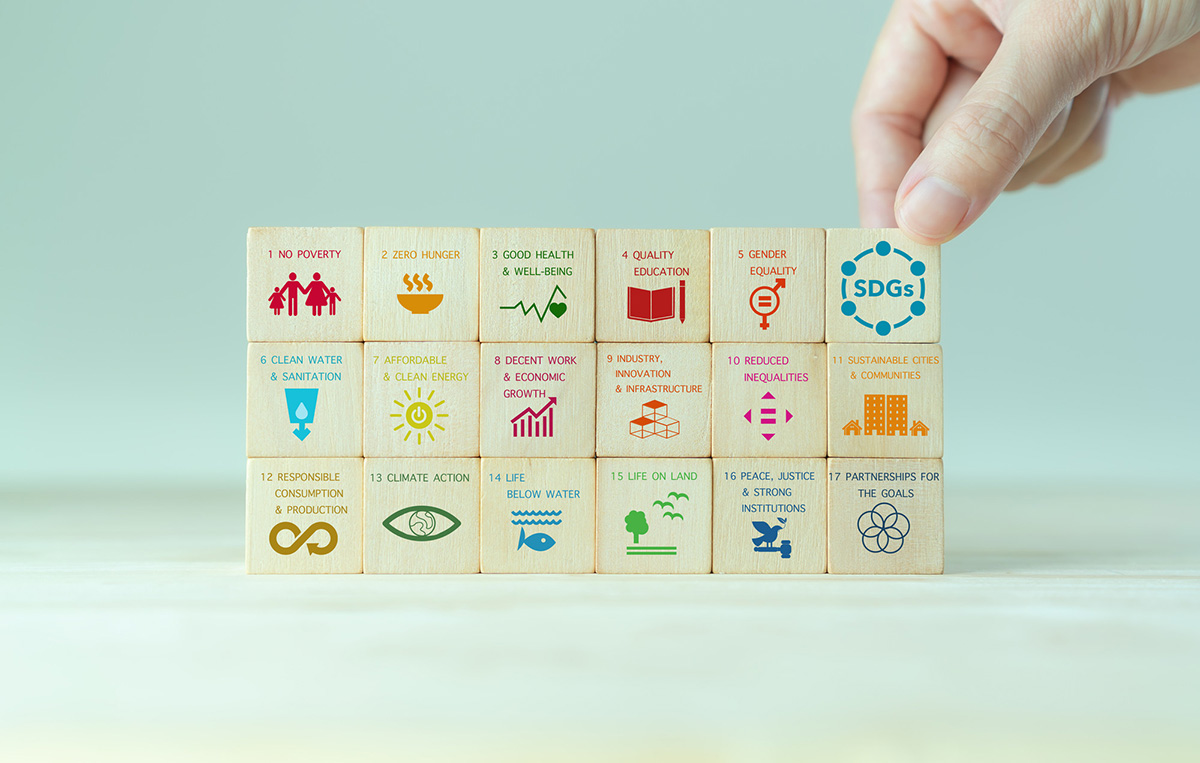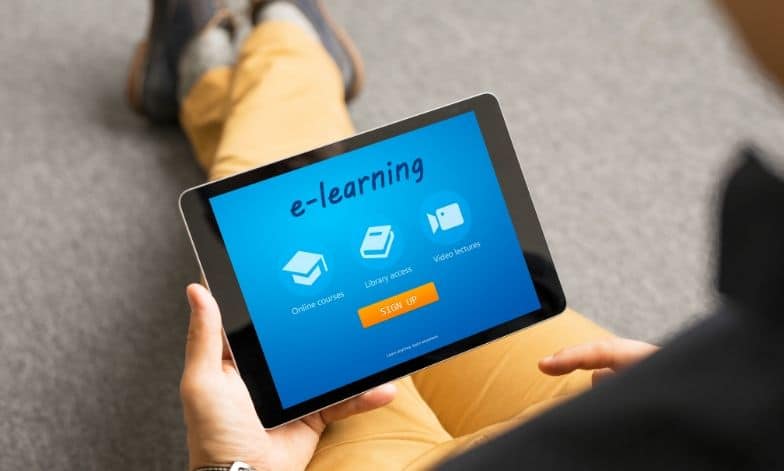Mitra Sadigh, a fourth-year medical student at the Renaissance School of Medicine, will be participating in the United Nations General Assembly Science Summit on Wednesday, September 27, as a member of two panels focused on global health.
Sadigh will be one of several panelists discussing the topic, “Shifting Power Paradigms Towards an Equitable Global Health Stewardship.” The virtual session, which will be held at 9 am, will examine power dynamics and decision-making within global health governance, learning from the lessons of the COVID-19 pandemic. It promotes critical discourse on equitable collaboration between Low-to-Middle Income Countries (LMICs) and high-income countries (HICs), advocating for a shift in power dynamics and more democratic stewardship in international institutions.
Sadigh is also part of a second virtual session at 12 pm — “Optimizing Global Health Exchange Programs for Participants from Low-to-Middle Income Countries (LMIC) in High-Income Countries (HIC).”
An integral component of global health (GH) exchange programs is the bidirectional hosting of participants from HIC to LMIC, and reciprocally from LMIC to HIC. However, these exchanges are being more critically investigated in order to better understand and ameliorate the discrepancies, among them the disconnect between the levels of support given to HIC participants and LMIC participants. While many discussions have been held about inequalities in GH, this particular form of inequality has yet to be addressed. A critical first step involves giving the platform to LMIC participants to safely share their experiences in HIC.
Registration for each session is now open.
The two sessions are among 300 that comprise the ninth edition of the Science Summit, part of the 78th UN General Assembly (UNGA78), which runs from September 12-29. Organized by International Science Council and its partners, the Summit’s central theme focuses on the role and contribution of science to achieve the UN Sustainable Development Goals (SDGs).
This is Sadigh’s second time speaking at the UN General Assembly Science Summit, a remarkable achievement for a medical student. Sadigh was a speaker at UNGA77, for the session, “Creating an Empowerment Model in Global Health: An Evolving Practice to Build Capacity, Research Methodology, Educational Modalities, and Health Equity.”)
At RSOM, Sadigh has worked collaboratively to increase diversity at the residency level, health equity access as Policy Advocate for Students for a National Health Program (SNaHP), and LGBTQ* representation in healthcare and medical education through her role as president of the local Medical Student Pride Alliance (MSPA), as well as Mentorship Coordinator for MSPA National. She has also served on the Social Determinants of Health curriculum committee and spearheaded initiatives to incorporate topics designed to enhance the school’s curriculum. Passionate about the impact of conflict, disaster, and border zones on underserved communities, Sadigh is planning to apply for continued training in emergency medicine.
Before joining RSOM, Sadigh helped develop a model program at Nuvance Health/University of Vermont Larner College of Medicine Global Health Program, where she’s still a writer, editor and researcher, and faculty member of the GH Academy.
With two bachelor’s degrees in music and philosophy, Sadigh has published on decolonization of GH, health equity, social and cultural determinants of health, and medical education. She has organized, spoken on, and moderated multiple panels centered on advocacy, GH equity, and colonization/decolonization of GH for the United Nations General Assembly, Consortium of Universities for Global Health, and the NH/UVMLCOM GHP. She has also created and taught curriculum on the topics of ethics, cultural relativity, and decolonization in GH for several medical education institutions.
Credit:Source link



